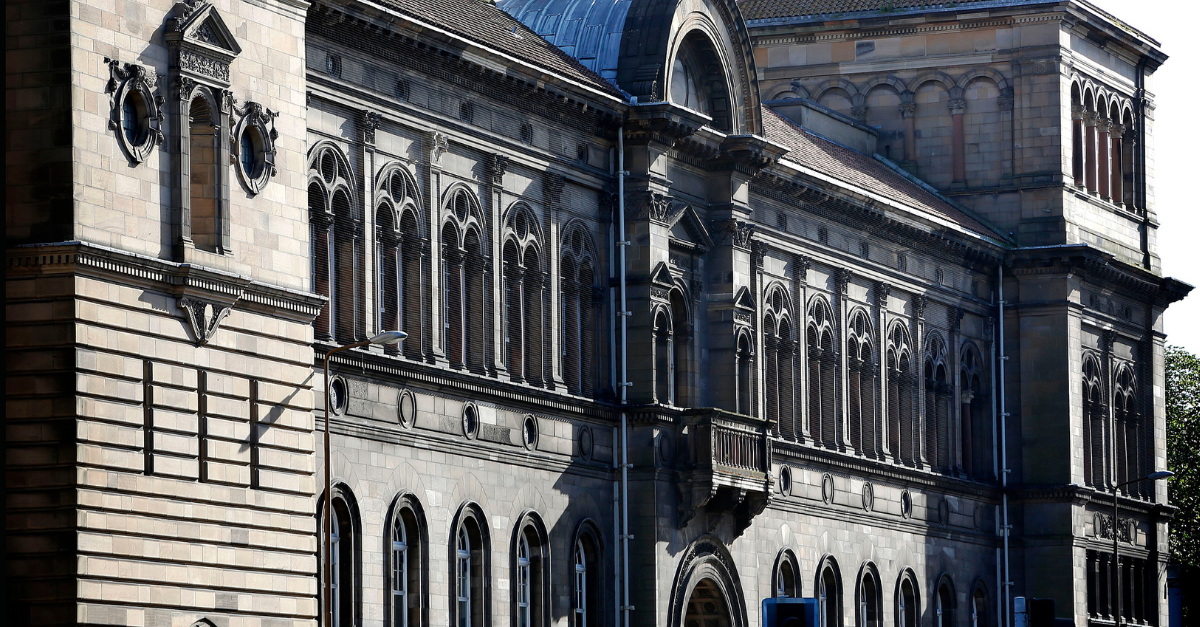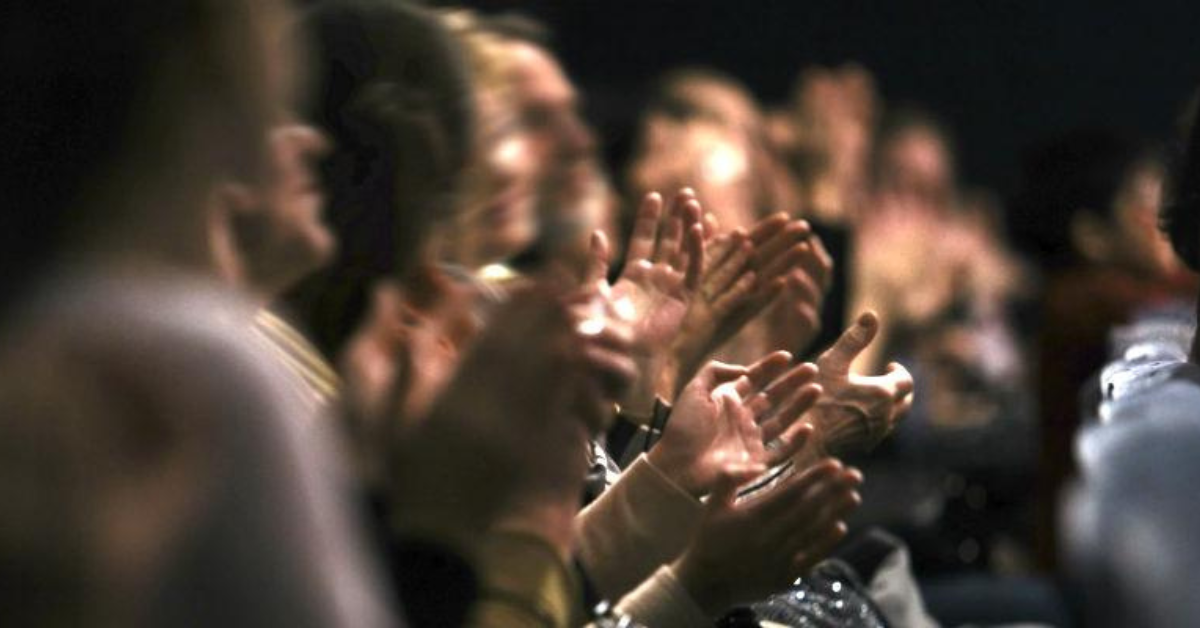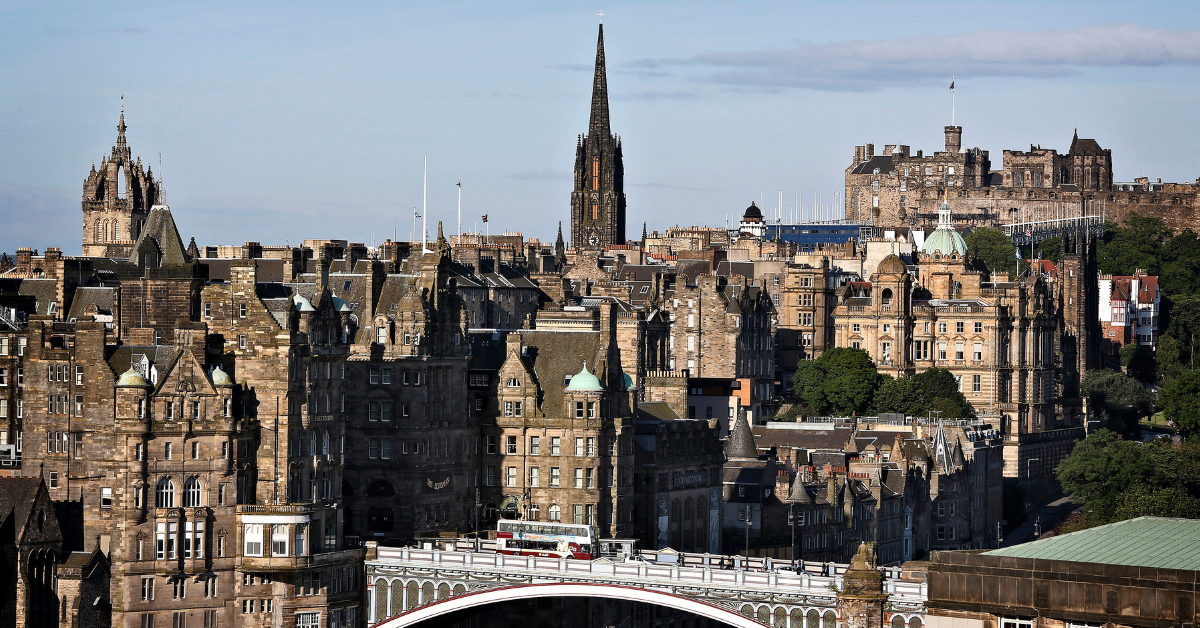Tag: covid
Tanvi shares her experience of being an international student, and the supportive community of School of History, Classics and Archaeology. Student life in Edinburgh is colourful and multifaceted, and this is something that the University has continued to provide throughout my time as a student here. My experience at the School of History, Classics and Archaeology […]
How a song and dance helped Hanna connect with the University community after studying remotely. I came to the University of Edinburgh in September 2020 so was in the first cohort to experience what it is like to start my studies under Covid conditions. Unlike many of my peers, I was lucky to have comparatively […]
To say the Covid years were tough is, of course, a gross understatement. But what if you’re a new international student finding your feet in a foreign country? Olivia is a second year History (MA Hons) student, and this is her story. I had never been to Scotland before August of 2020 when I moved […]




